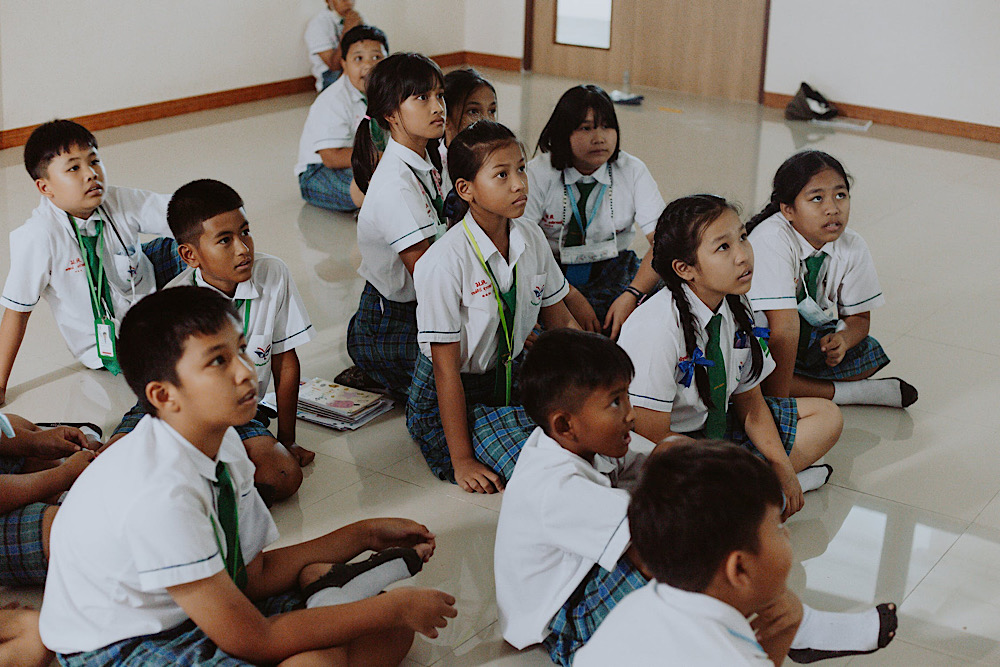Demographic decline, a dark cloud on Thailand's growth prospects
Most Asian countries reported negative growth, with South Korea leading the way. Thailand too sees a gloomy outlook, forcing the authorities to revise the country’s development plans. By the end of the century, Thailand’s population could be halved. The year 2023 could see the fewest births in the last 74 years.
Bangkok (AsiaNews) – The year 2023 will see negative demographic growth in many Asian countries, with South Korea at the top; however, Thailand too is far from its comfort zone.
Southeast Asia’s second-largest economy will in fact have to consider a low birth rate and aging population to revise its plans to boost development and competitiveness as it copes with greater demands on its social safety net.
A decline in births and an aging population make Thailand a borderline case, with could see the country’s 66 million drop by half by the end of the century if nothing is done.
This year is ending with lowest number of births in 74 years, 40 per cent fewer than 10 years ago, this according to Thailand’s Health Ministry. With 485,085 newborns in 2022, Thailand is well below the threshold of 2.1 children per woman of childbearing age, at a disheartening 1.08.
Effective and urgent measures are needed, Thai experts point out, starting with getting people to change their attitudes vis-à-vis having children, far too often seen as an economic burden and a brake on personal growth.
Yet, much will have to be done to bring government, private sector, and civil society in line. No one can ignore the impact of a demographic winter on the size of the labour force, production, and development.
In a speech made when he took office in September, Thailand’s Health Minister Cholnan Srikaew stressed that the issue is one of the government's priorities. On that occasion, he spoke of "distortions in society" that drive people with higher education, knowledge, and means to have fewer children.
Significantly, the committee set up within the Ministry of Health to deal with the problem will meet all stakeholders on Christmas Day to discuss plans to boost the birth rate by providing better care to mothers, newborns, and children.
The meeting will also consider the Health Ministry's proposal to set up fertility clinics in each of the country's 76 provinces, as well as provide material incentives and opportunities for families to reduce the cost of having children.
Equally on the agenda are supporting women who have difficulty conceiving, and making reproductive technologies available to singles and LGBTQ individuals and couples.
Meanwhile, economists highlight the consequences of a demographic transition defined as "drastic and very rapid", with deaths exceeding births in the last two years.
By 2083, the workforce could fall from the current 40 million to 14 million, while the parallel growth in the average age is likely to bring the elderly population to 18 million, about half of all future Thais.
07/02/2022 16:05







.png)










